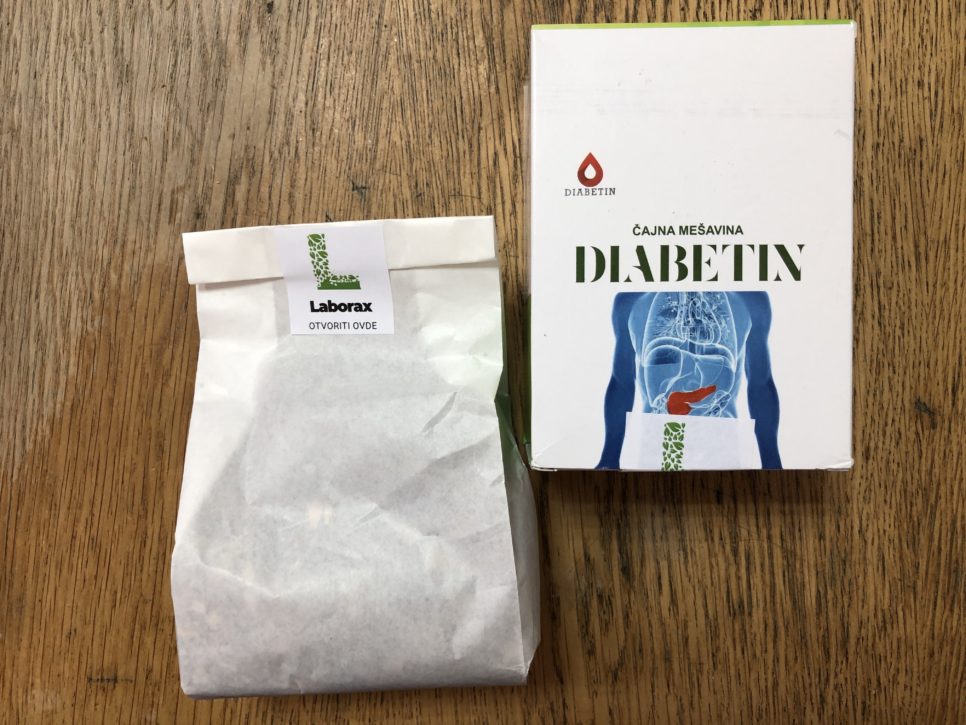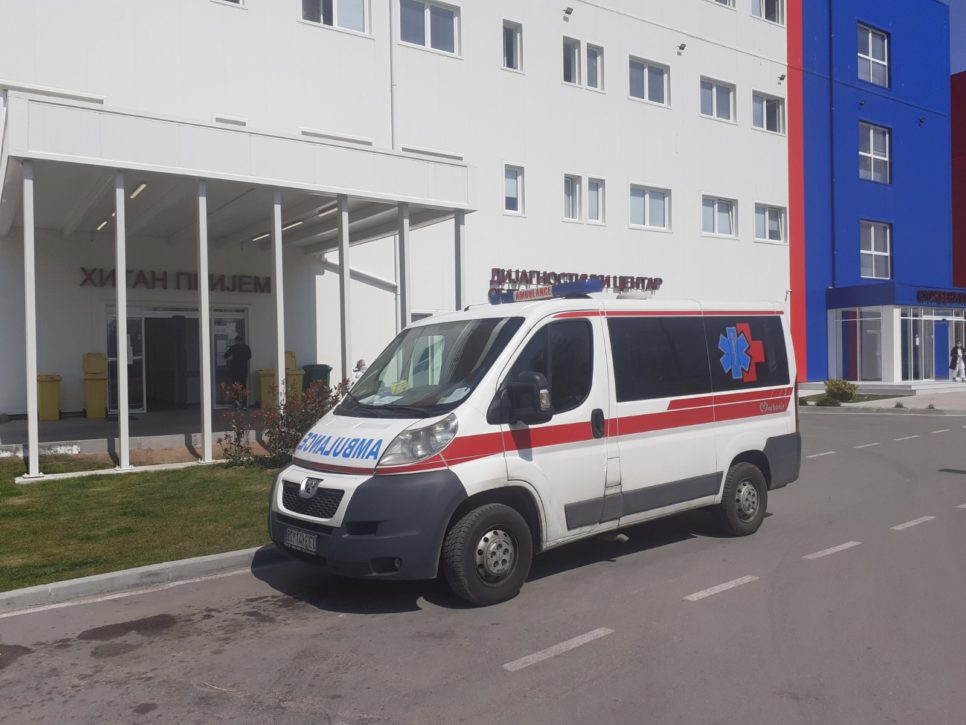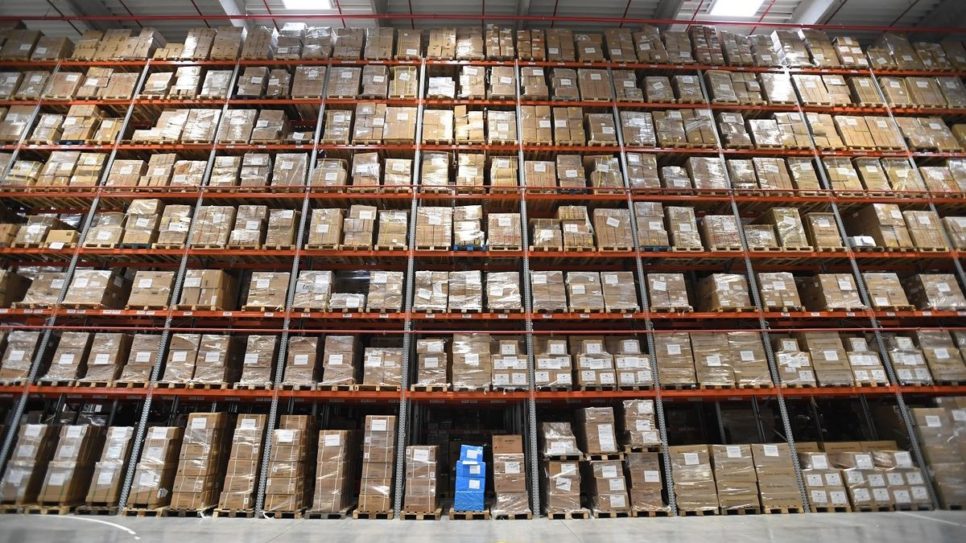Visitors of the Center for Investigative Reporting of Serbia (CINS) website learned about the fact that the Inđija Health Center does not have any ventilators, despite official data stating that it has one, because the institution’s director explained to the journalist that there had been an error during inventory, when a ventilator was mistakenly registered instead of an inhaler.
However, according to the government’s March 28 Conclusion, in the future disclosure of information related to treating the novel coronavirus will depend only on the Crisis Headquarters, formed by the government to combat the coronavirus, which is helmed by Prime Minister Ana Brnabić.
“In conditions of the declared state of emergency, it is absolutely imperative for citizens to get onlyverified and accurate information regarding the state and consequences of the infectious disease COVID-19,” reads the Conclusion. The government believes that only the Crisis Headquarters and the individuals authorized by the Headquarters can provide that.
The Serbian Govt revoked the ruling
The Serbian Government revoked on the 3th of April the previous ruling that only the members of the Crisis Team fighting the coronavirus epidemic and those authorised by them could inform the public about the health situation in the country.
It happened after the Serbian journalist Ana Lalić got arrested because of an article related to COVID-19 topic. In her story she revealed a serious lack of medical equipment in one Serbian clinical center.
Remark: This information was subsequently added to the story.
Nevertheless, the final item of the Conclusion particularly caught the attention of the lawyers CINS talked with:
“Information on health measures and other information pertaining to treating the COVID-19 disease given to the public by unauthorized individuals cannot be considered accurate and verified, with the possibility of implementing regulations pertaining to liability and legal consequences for spreading disinformation during the state of emergency.”
Lawyer and former commissioner for free access to information of public importance and personal data protection, Rodoljub Šabić, believes that this conclusion is in contravention of the Law on Free Access to Information and sees it as centralizing of information which the public must have.
“We classify information pertaining to the endangerment of protecting human health and the environment as information where the authorities cannot prove the existence of higher interest, to be able to dispute it,” says Šabić.
Even in a state of emergency there are no grounds for adopting a measure that would limit the free flow of information, says media law attorney Miloš Stojković.
“Neither the crisis headquarters nor anyone else can define what is or isn’t accurate information. Especially since there are general provisions of the Law on Public Information and Media which were taken over from the Constitution, that the free flow of information can in no way be restricted,” says Stojković.
The key problem with this measure is that the media will be left without relevant interlocutors at the local level, according to lawyer Slobodan Kremenjak.
“If the media do not have relevant sources and interlocutors, they will not be able to inform or to deny disinformation which, as we can all see, spreads regardless of government measures. And that is certainly not good,” Kremenjak told CINS.
The last item of the Conclusion states that information provided by unauthorized individuals is not accurate or verified, and threatens the implementation of “regulations pertaining to liability and legal consequences for spreading disinformation.” Although it is unclear which specific regulations it refers to, the Conclusion is not suitable for regulating criminal or misdemeanor liability, Šabić explains.
“The government Conclusion regulates an extremely important area in a way that is essentially contrary to the regular regime, to the law, primarily to the Law on Free Access to Information of Public Importance,” says Šabić.
Who Are the Members of the Crisis Headquarters
One of the measures the Government of the Republic of Serbia enacted in a bid to curb coronavirus spread was the forming of the Crisis Headquarters for Suppressing Infectious Disease COVID-19. Prime Minister Ana Brnabić, Health Minister Zlatibor Lončar, Director of the Republic Health Insurance Fund Sanja Radojević Škodrić and Provincial Secretary for Health Care Zoran Gojković were appointed managers of the headquarters. The members of this body are the directors of the relevant institutions and clinics, as well as representatives of other relevant bodies.
Lawyer Miloš Stojković says that a journalist may be liable if they do not act in line with the law.
“Nonetheless, if they act in line with the law, in line with professional standards, I really see no possibility for their being called to account, especially not based on a conclusion of the government, i.e. the executive. A journalist’s accountability is determined in court proceedings, so in that sense I would not pay much attention to that Conclusion, at least not from a legal point of view.”
Lawyer Željko Simić believes that this is a covert attack on freedom of speech.
“They are sending a hidden threatening message to the media and to anyone who would have an opinion contrary to the official one,” said Simić.
Although the legal consequences in the event that the Conclusion is not respected were not specified, Simić believes that the document refers to the Criminal Code. According to Article 343 of the Code, citizens who cause panic by presenting or conveying fake news may be handed down a prison sentence of between three months and three years, whereas for journalists the sentence may be between six months and five years.
We received no comment from the government by the time this article was published.
No Answers to CINS’ Questions from Competent Institutions
Although the goal of this decision, according to the government, is to give citizens only verified information, the experience of CINS journalists shows that representatives of the Ministry of Health and the Provincial Secretariat for Health Care do not answer questions. So, to this day citizens do not have complete information on the number or state of ventilators in their respective cities and towns.
It is hard to believe that the Crisis Headquarters in Belgrade can provide accurate information from the local level better than the local crisis headquarters or health care institutions, says lawyer Slobodan Kremenjak.
“The fact that information, besides being checked at the source, is also checked at the state Crisis Headquarters, delays its publication, which seriously calls into question the timeliness of informing the public,” Kremenjak concludes.
The Conclusion was adopted on March 28 and published in the Official Gazette three days later, on March 31.





What is the current situation of the Roma in Srbija? Do you also report on eastern Bosnia region? And Kosovo/Kosova? Hvala mnogo za vaš rad.
Marian, thank you for your comment.
We only report on the situation in Serbia.
Read our investigative stories during the epidemic here >> https://www.cins.rs/teme/covid-19/